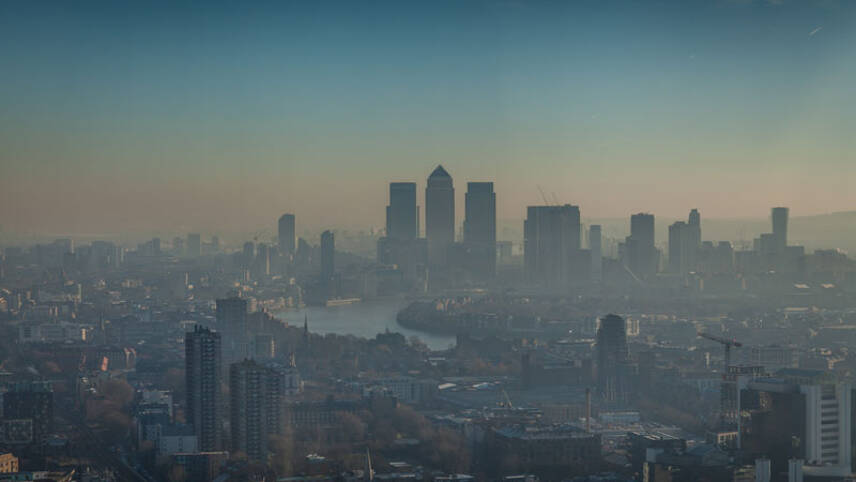Register for free and continue reading
Join our growing army of changemakers and get unlimited access to our premium content

More than 4,500 heat-related fatalities were recorded in England during the summer of 2022.
But NGOs are calling on Ministers to increase the funding and come up with clearer long-term plans to tackle air pollution – particularly in urban areas.
The Department for Environment, Food and Rural Affairs (Defra) opened this year’s round of Air Quality Grant funding for applications late last week. Applications will be open until midday on 29 September.
The scheme has run since 1997 and has allocated some £92m to projects improving air quality to date.
Projects eligible for funding tis time around include those which monitor and reduce particulate matter, nitrogen oxide (NO2) and other pollutants. Project planners will need to outline how their work will bring pollutant levels below legal limits.
2021 saw the European Court of Justice ruling that the UK had “persistently” and “systematically” broken legal limits on air pollution for a decade. The court heard that, in 2018, NO2 levels exceeded legal limits in 75% of urban areas in England.
Projects raising public awareness of how to prevent and avoid air pollution may also be eligible for the Air Quality Grant scheme. Defra’s own advice includes turning off vehicles when they are idling and using walking or cycling for shorter journeys.
Last year, MPs on the Public Accounts Committee stated that it is too challenging for UK residents to find information about air quality in their communities and advice on reducing pollution.
Previous winners and future plans
Previous initiatives funded through the Air Quality Grant scheme include a £1m scheme in the West Midlands, which saw sensors collect real-time pollution information and making this publicly available.
Another successful project, based in Cornwall, delivered an education scheme to 3,000 students. Elsewhere, businesses in Norfolk were given access to a new rental scheme for e-cargo bikes to help them transition away from polluting vans.
Environment Minister Trudy Harrison said: “Poor air quality is the biggest environmental risk to human health and local authorities play a vital role in tackling it.
“This latest round of funding will support innovative projects across England that give communities the tools to limit their exposure and reduce pollution.”
However, some NGOs have pointed out that public spending to improve air quality is dwarfed by the costs which health and environmental damage relating to air pollution cause.
Enjoy the Air’s founder and chief executive Kate Barnard said: “It is encouraging to see the continuation of the Annual Air Quality Grant. But the £53m investment on little siloed projects since 2010 represents just a tiny fraction of the staggering £20bn a year spent on health issues caused by air pollution.
“To truly make a difference and ensure long-term cost savings, government needs to recognise the link between poor air quality and healthcare costs. Long term savings on NHS care could fund a vast range of air quality improvement measures from better monitoring to radically improved public transport.”
Enjoy the Air is calling on the Government to fund an in-depth scheme in one pilot city and monitor the savings in fields like public health. This could be used to draw up a longer-term plan with a clearer understanding of the return on investment in tackling air pollution.
ULEZ row
Air pollution is at the centre of the major green policy row rocking the UK Government at the moment. The Conservative Party attributed its win at the recent Uxbridge by-election to its opposition to the expansion of London’s Ultra-Low Emission Zone (ULEZ), created by Labour Mayor Sadiq Khan.
Since then, some Tory MPs have conflated local air pollution policies with national climate policies and have been urging Sunak to pause or roll-back on key low-carbon transition commitments.
Many more MPs including Chris Skidmore, Alok Sharma and Therese Coffey want the PM not to deviate from the clear signals already sent to businesses and investors. This sentiment is shared by opposition parties, climate scientists and many NGOs working on social and environmental sustainability.


Please login or Register to leave a comment.